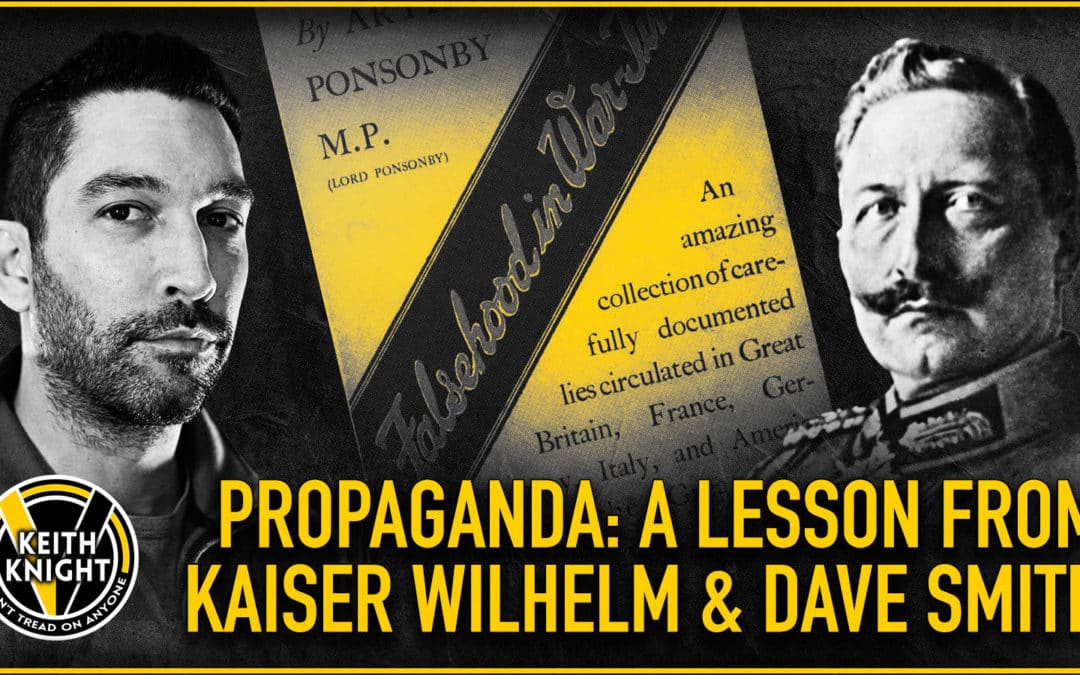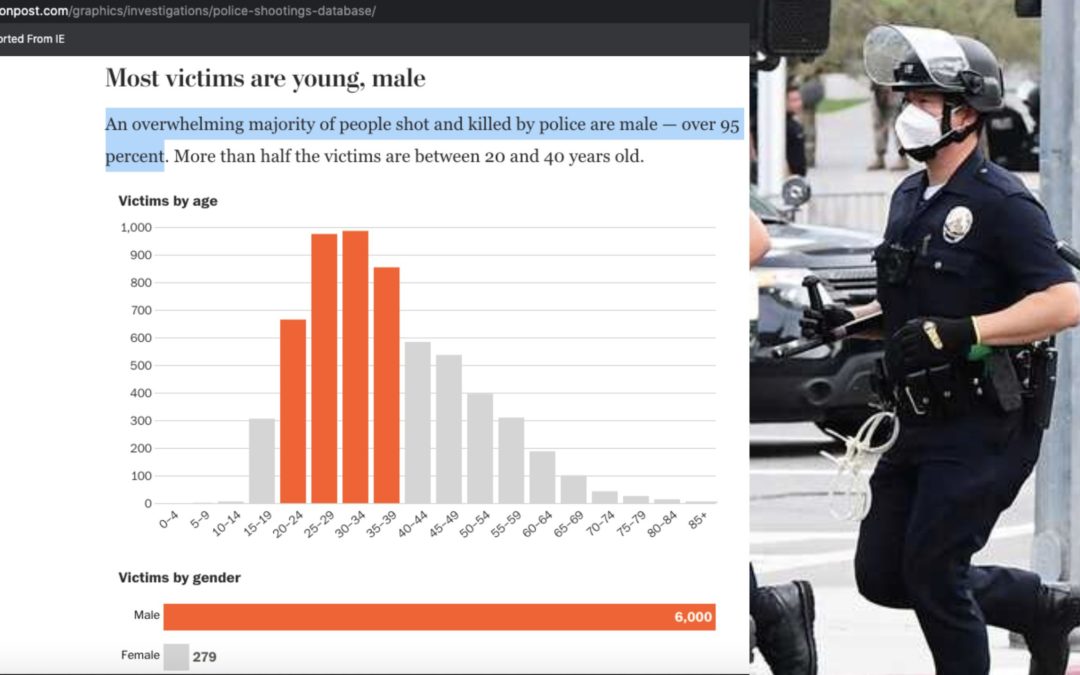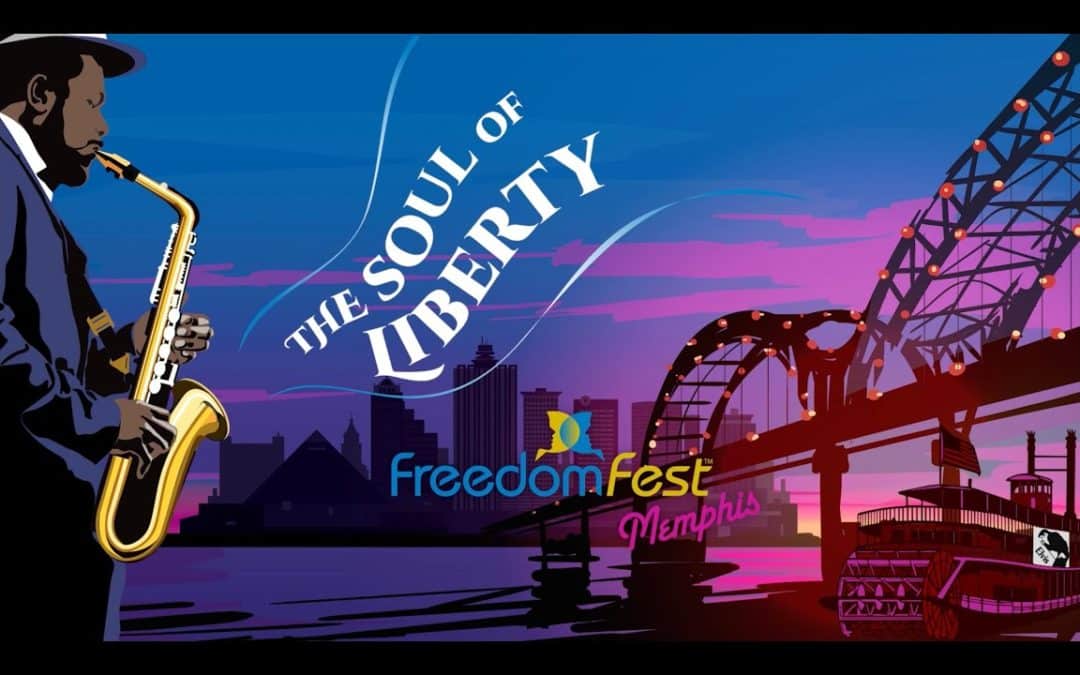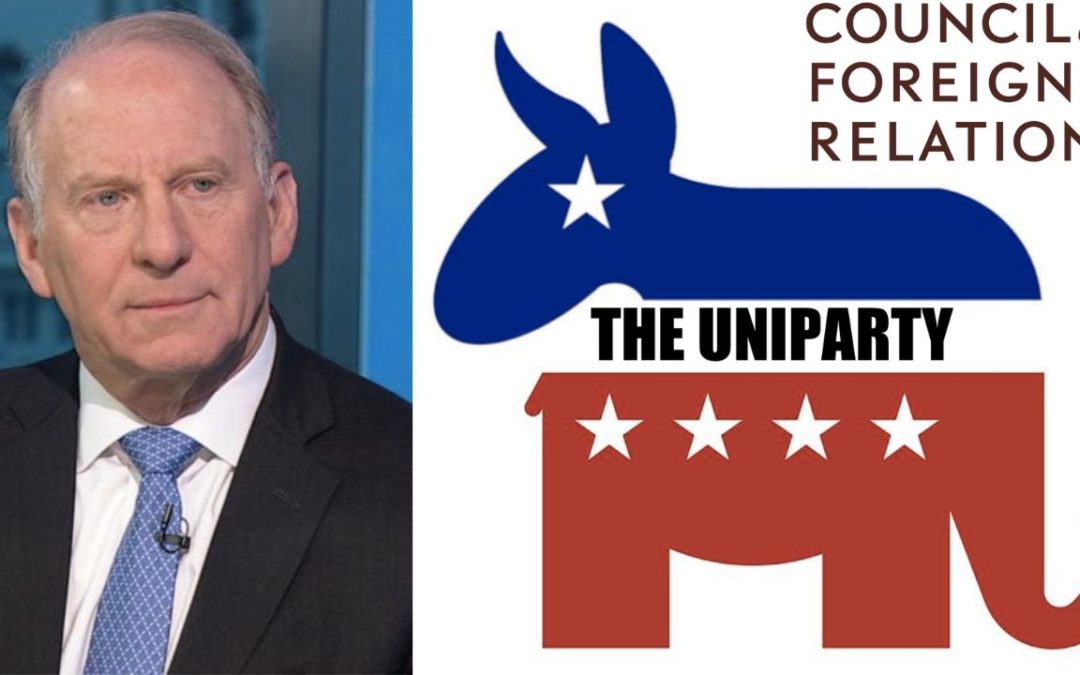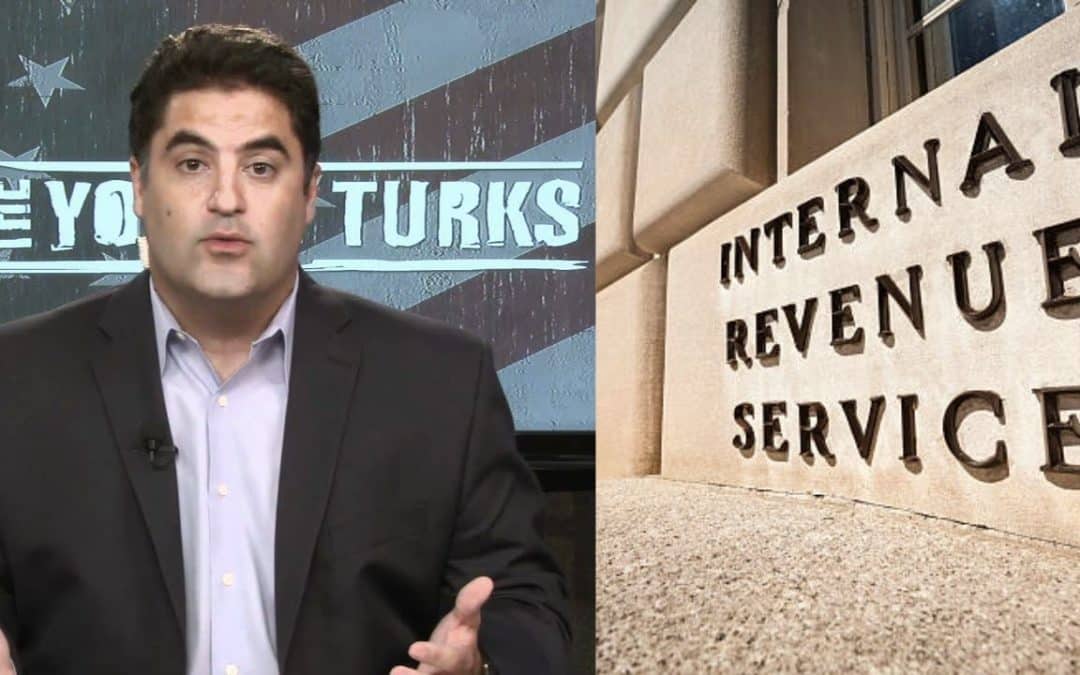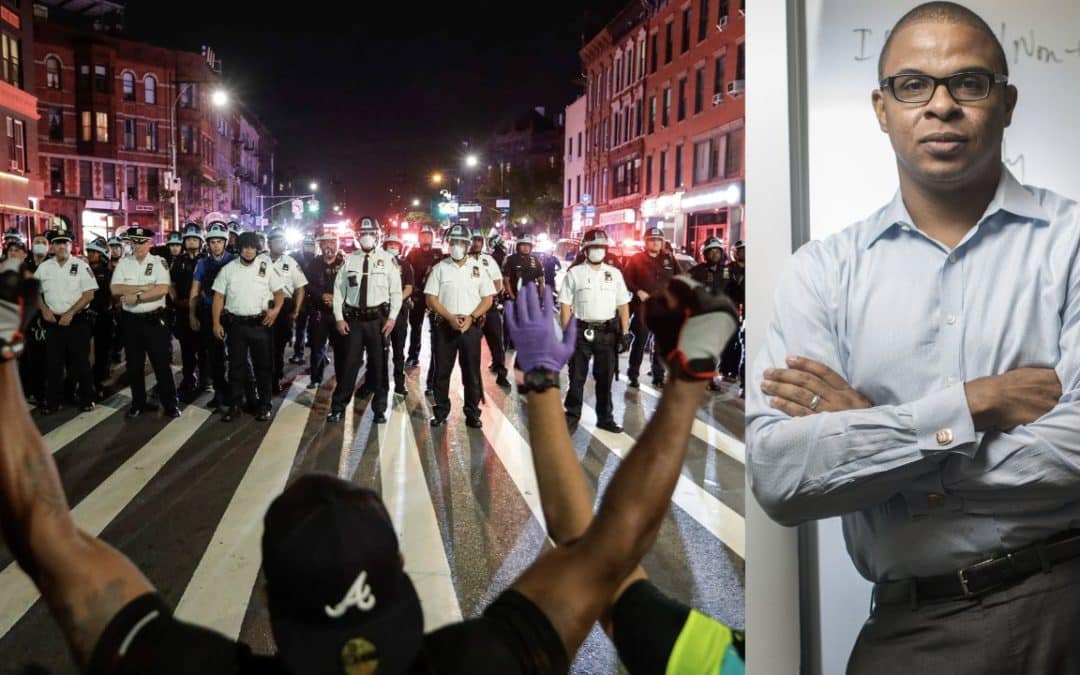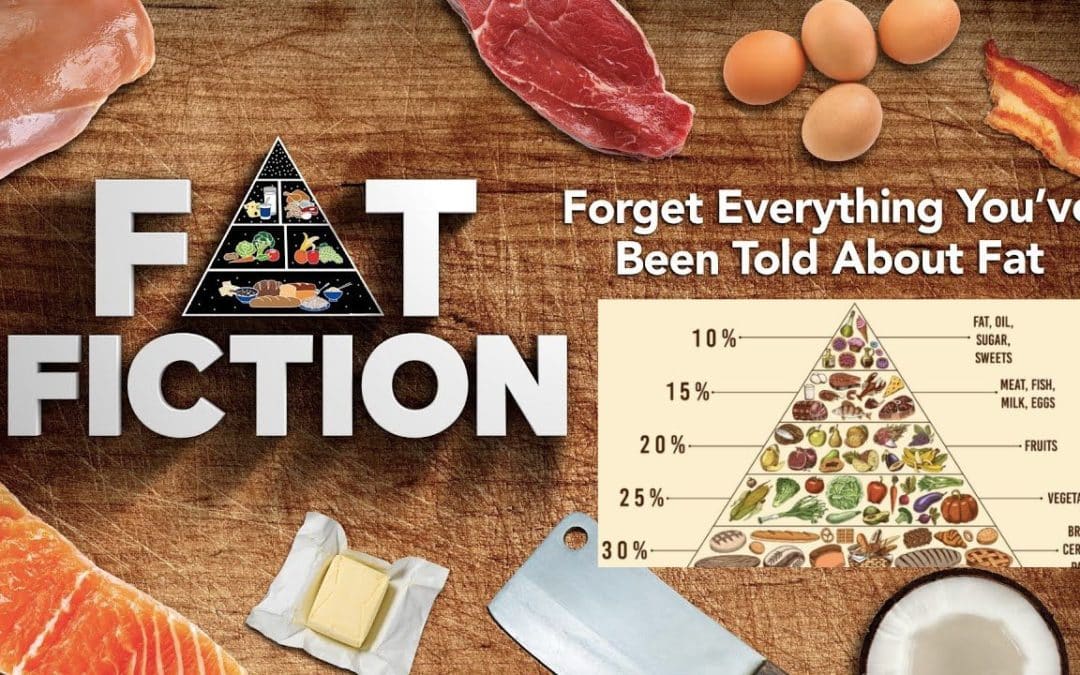https://youtu.be/0_yGJbo3ifo Falsehood is a recognized and extremely useful weapon in warfare, and every country uses it quite deliberately to deceive its own people, to attract neutrals, and to mislead the enemy. The ignorant and innocent masses in each country are unaware at the time that they are being misled, and when it is all over only here and there are the falsehoods discovered and exposed...A useful purpose can therefore be served in the interval of so-called peace by a warning which people can examine with dispassionate calm, that the authorities in each country do, and indeed...
